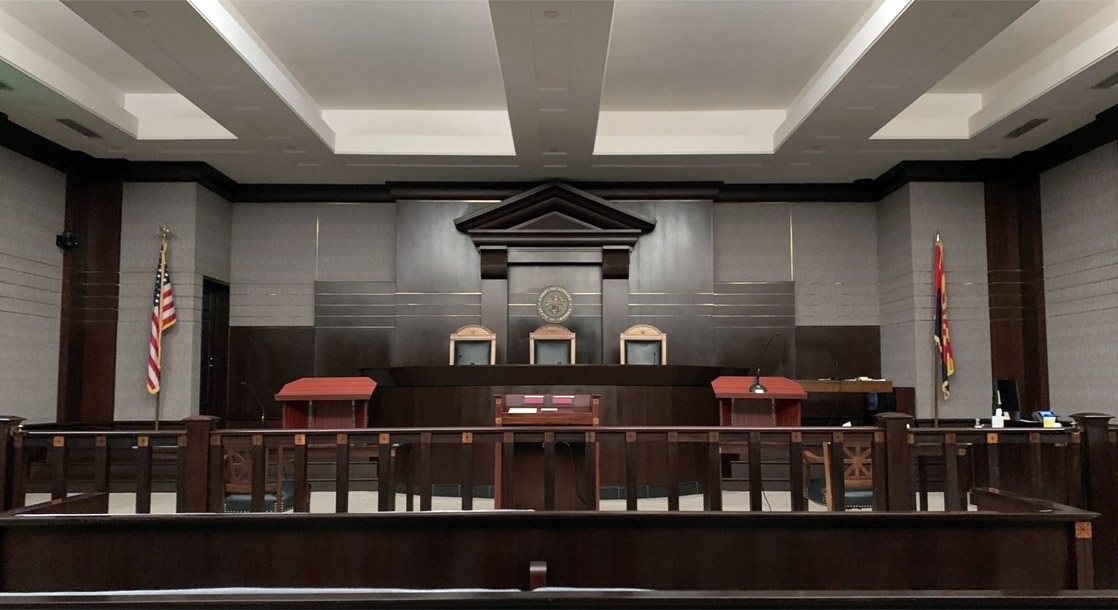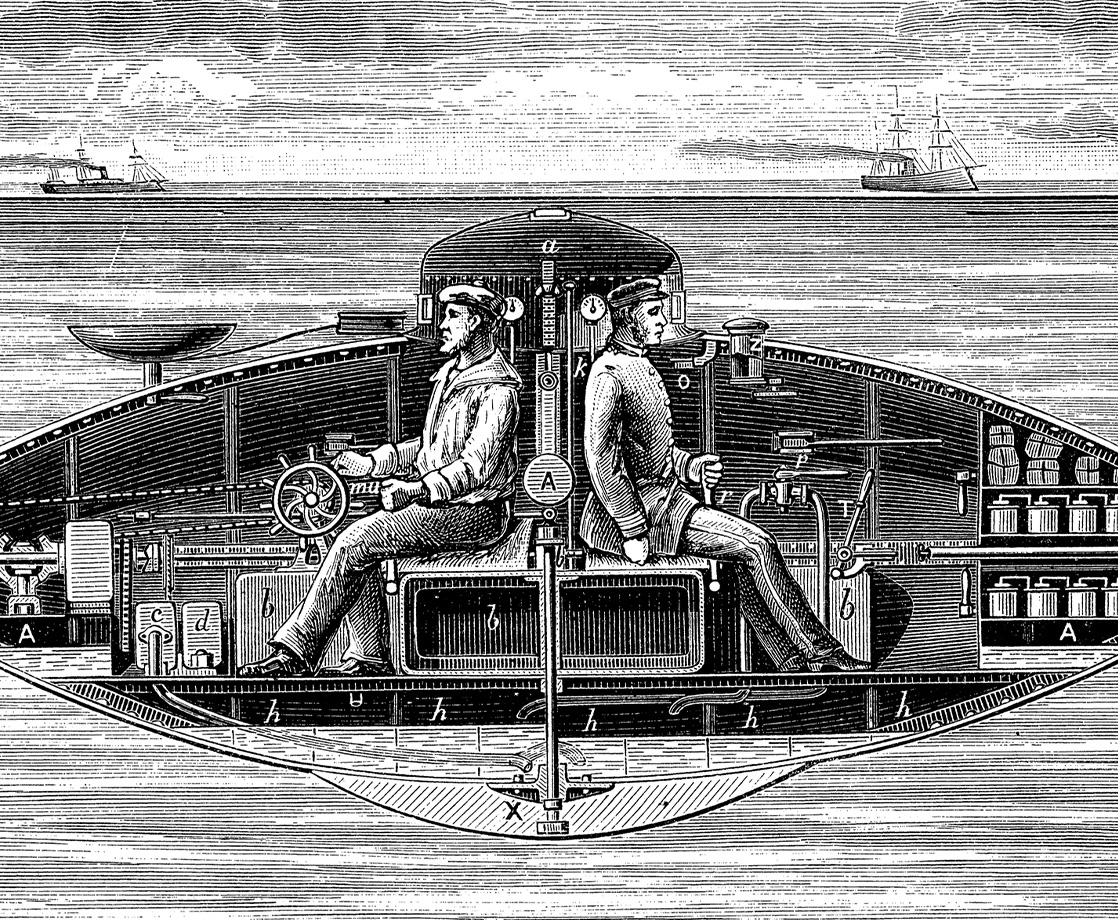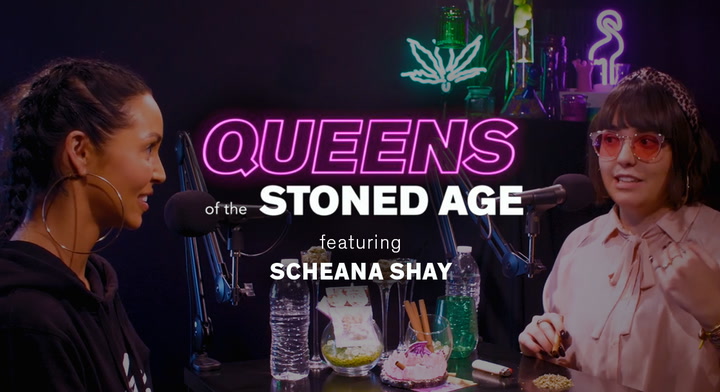The Arizona Court of Appeals ruled in favor of a woman who was placed on the state child abuse registry because she used medical cannabis while pregnant.
The Arizona Department of Child Safety (DCS) put Lindsay Ridgell on the state’s child abuse Central Registry in 2019 because her baby tested positive for cannabis. Hospital staff conducted a drug test because the newborn stopped breathing shortly after being born and had to be resuscitated. In addition to cannabis, the child tested positive for caffeine, Benadryl and BuSpar, a pharmaceutical anti-anxiety drug.
Researchers have no idea how prenatal BuSpar use might affect a developing child, but its use is considered acceptable since this drug is approved by the FDA. But the positive cannabis test triggered DCS officials to put Ridgell on the child abuse registry, even though her baby remained completely healthy after his initial bout of illness. The mother, who actually worked for DCS, was subsequently fired, and her status as a child abuser prevented her from finding new employment as a social worker.
Backed by the Arizona chapter of NORML, Ridgell sued the state, arguing that she was legally using medical cannabis to treat irritable bowel syndrome. The expectant mother quit using pot when she found out she was pregnant, but started taking the medicine again after being diagnosed with hyperemesis gravidarum (HG), a serious condition that can cause extreme nausea, vomiting, dehydration, and even miscarriage.
After hearing the case, the Court of Appeals unanimously ruled in Ridgell’s favor. In the ruling, Judge Randall Howe wrote that Arizona’s medical cannabis law protects all registered patients from arrest, prosecution, penalties, or denial of any standard right or privilege. Further, the DCS is not allowed to charge pregnant women with abuse if they are taking medications under the direction of their doctor. And since state law requires a doctor to personally approve any use of medical pot, this condition also applied.
“No one disputes that Ridgell is a qualifying patient under the Arizona Medical Marijuana Act,’’ Howe wrote in the ruling, Tucson.com reports. “Under AMMA, then, she is presumed to have taken marijuana for ‘medical use,’ which means taking it to treat or alleviate her medical condition or symptoms. And her marijuana use is the equivalent of taking any other medication under the direction of a physician.’’
The ruling sets a statewide precedent that will protect pregnant women who are legally using medical cannabis from being discriminated against by state agencies. The ruling may not necessarily protect women who are using recreational pot, which is now legal in Arizona, however.
“The United States government does not recognize the medical value of marijuana,’’ Howe continued. “And the Center for Disease Control and Prevention warns of the effects of marijuana use during pregnancy. But marijuana’s proper role in society has been long debated, and the wisdom of legislation is not for this court to decide.’’
Although state and federal health authorities advise against prenatal cannabis use, the actual science on the issue is far from clear. Several studies have found increased rates of miscarriage or premature birth among women who used pot while pregnant. Other researchers have found no link between prenatal cannabis use and birth defects, developmental issues, or other health concerns, though.











